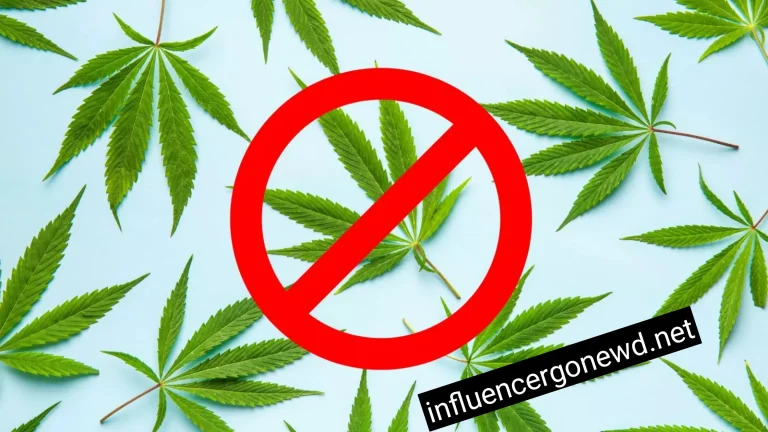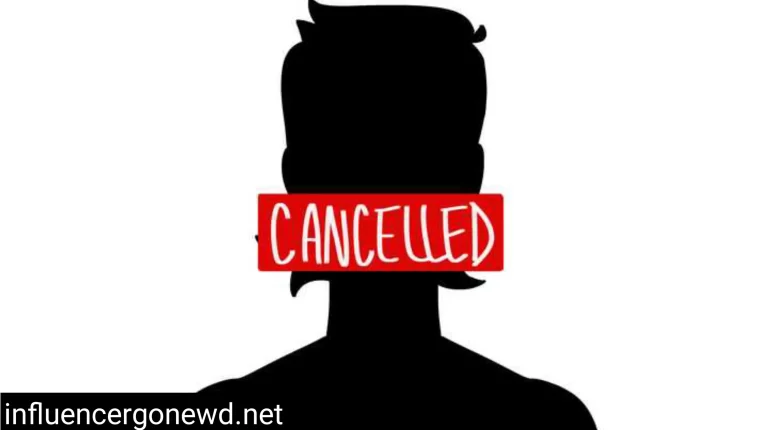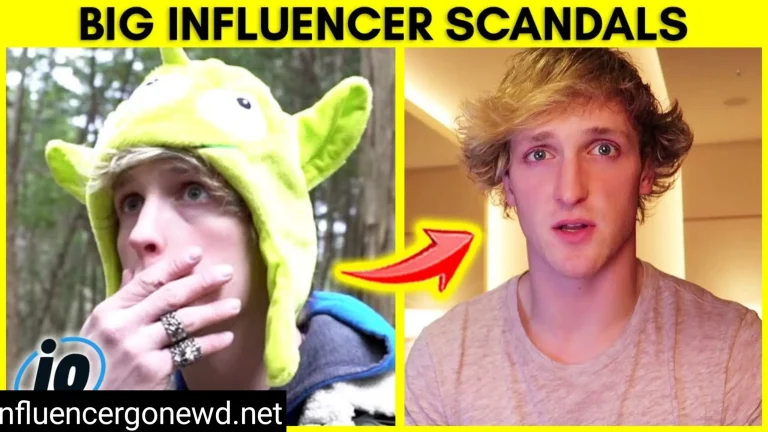Influencer Recklessness 2025: The High Cost of Chasing Viral Fame
In a busy social media market, celebrities have been replaced by influencer recklessness in 2025, who have enormous power to define trends, opinions, and consumer behavior. Nevertheless, fame and involvement can result in Influencer recklessness in 2025, in which creators strive to break ethical and legal limits to gain attention. This paper examines the concept of Influencer recklessness 2025, including the topic of risky influencer behavior, social media controversy, dangerous influencer stunts, influencer scandals 2025, reckless social media trends, viral influencer risks, and the necessity of influencer accountability.
The Rise of Influencer Recklessness 2025
The influencer economy, which is expected to hit 480 billion dollars by 2027, lives in an environment of engagement, where likes, shares, and comments are money. Influencer recklessness 2025 refers to the situation when creators become more concerned with being viral than being responsible and conduct dangerous influencer actions to remain relevant. The use of social media, such as TikTok, Instagram, and YouTube, encourages shocking content, and the more controversial it becomes, the more visible it is, forming a vicious cycle. The desire to be noticed among the crowd in the digital world compels influencers to go to the end, usually with fatal results.

Risky Influencer Behavior
Dangerous influencer conduct lies at the core of Influencer Recklessness 2025. To create buzz, creators tend to use outrageous content, including explicit posts or public feuds. As an example, some have faked breakups or blown scandals out of proportion to get people interested in them, only to have them turn against them when the truth is revealed. The desire to always remain relevant in a competitive business environment compels influencers to adopt irresponsible social media trends, including viral challenges that focus on shock rather than safety. Such an attitude not only jeopardizes their image but also puts their audience in danger, especially young fans who can imitate risky behavior.
The Social Media Scandals
Social media controversies serve as the signature hallmark of Influencer recklessness in 2025. Scandals of the high-profile influencers in 2025 are usually the result of unethical behavior, like the promotion of fake products or misinformation. In 2021, Fake cryptocurrency schemes that influencers promoted cost their followers money. Such incidents bring to light the fact that viral influencer risk will undermine consumer confidence and ruin brand affiliations. Social media such as YouTube and TikTok have implemented fact-checking policies to prevent misinformation, though the lack of consistency in application lets some creators avoid punishment, continuing the social media scandal.
Social Media Controversies
Among the most threatening things in the Influencer recklessness 2025 is the emergence of risky influencer stunts. Whether it is the infamous Tide Pod challenge or trespassing to gain clout, influencers have gone to great lengths by taking part in life-threatening activities to get viral. In 2018, a YouTuber was met with international disgust when he filmed the body of a suicide victim, demonstrating the extent some people will go to get an audience. These careless social-media trends jeopardize influencers and, by inciting followers to emulate them, heighten significant viral-influencer dangers to public safety. Such stunts can result in legal consequences, either in terms of fines or confinement, but the desire to become famous never ceases the cycle.
The Influencer Scandals 2025
In 2025, it is already possible to observe the cases of influencer scandals 2025, when the creators can be criticized because of cultural appropriation, party-throwing during crises, etc. Such scandals express the absence of media literacy and the responsibility of those who become famous in a short period without preparation. The Influencer recklessness 2025 trend is driven by algorithms that reward engagement rather than ethics, which incentivizes creators to redouble their efforts on controversy.
To reduce the risks, brands are performing extensive background checks and including morality clauses in contracts, yet the impact of influencer scandals in 2025 can be long-lasting, which can impact both creators and their sponsors.
The Psychological Drivers Behind Influencer Recklessness
What drives influencers toward Influencer recklessness in 2025? It is a complicated psychology. Burnout is caused by the pressure to provide new material continuously, and addiction-like tendencies may be triggered by the need to obtain validation using likes and shares. In the company of fan and enabler echo chambers, influencers can lose the sense of ethical limits, adopting risky influencer conduct to stay relevant. The drive to convert their platforms into profit-making vehicles by sealing brand deals and ad partnerships only intensifies reckless social media trends, since controversy often yields higher engagement and greater revenue.
The Impact on Followers and Society
The consequences of influencer recklessness in 2025 go well beyond the creators. The young audience, especially teenagers, is susceptible to emulating the risky stunts of the influencers, which can cause physical injury or psychological disorders, such as anxiety and low self-esteem. Influencer marketing is also undermined by social media scandals, as people become suspicious of recommendations. Misinformation, whether it is false health tips or scam offers, highlights the viral influencers that may hurt society. Since influencers influence culture, their irresponsible behavior may popularize destructive practices, and holding influencers accountable is of high importance.
The Role of Platforms and Brands in Influencer Accountability
In order to curb Influencer recklessness in 2025, social media platforms and brands must place influencer accountability at the forefront. Social media platforms such as Instagram and TikTok have initiated the process of demonetization of controversial creators and the ban of accounts that disseminate harmful content, although this is still inconsistent. The most important thing that brands can do is to collaborate with ethical influencers, implement strict disclosure regulations, and cancel contracts with influencers who are engaged in influencer scandals in 2025.
Platforms and brands can also reduce the risk of viral influencers and encourage responsible content creation by encouraging transparency and rewarding creators who focus on authenticity.
FAQs About Influencer Recklessness 2025
Conclusion
Influencer recklessness 2025 brings to the fore the ugly side of social media celebrity status, where the desire to be viral is more prominent than ethicality and accountability. The risks of risky influencer behavior include everything, from dangerous influencer stunts to influencer scandals 2025, and impact both creators and followers, and brands. Placing influencer accountability at the forefront enables platforms, brands, and audiences to rein in reckless social media trends and lessen the risks of viral influencers.
The influencer business needs to transform and prioritize integrity over controversy so that social media can be a place where people connect with each other on a more real level and leave a positive impression. The wild side of influencer culture can only be tamed through collective action and create a more responsible future for the digital world.





